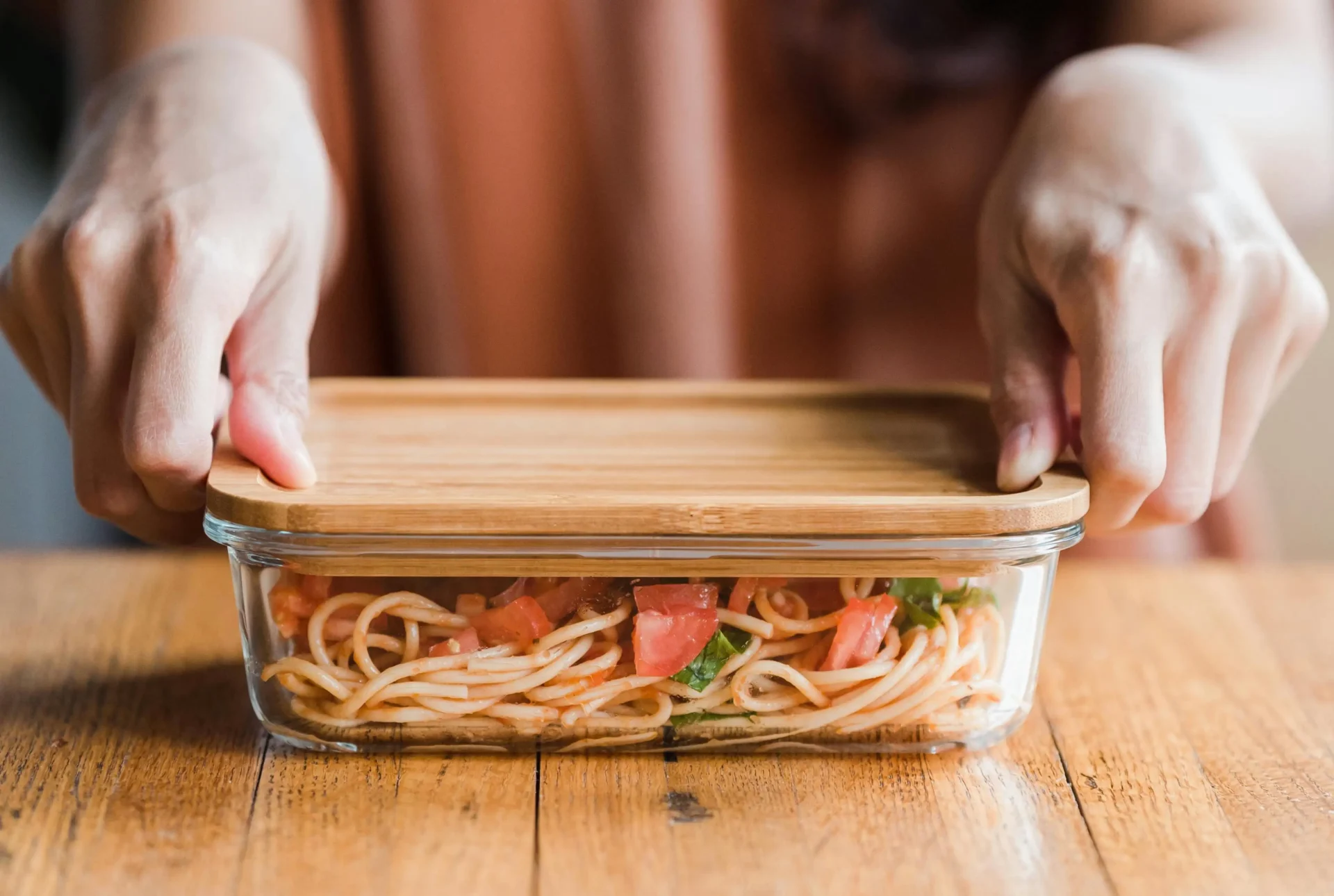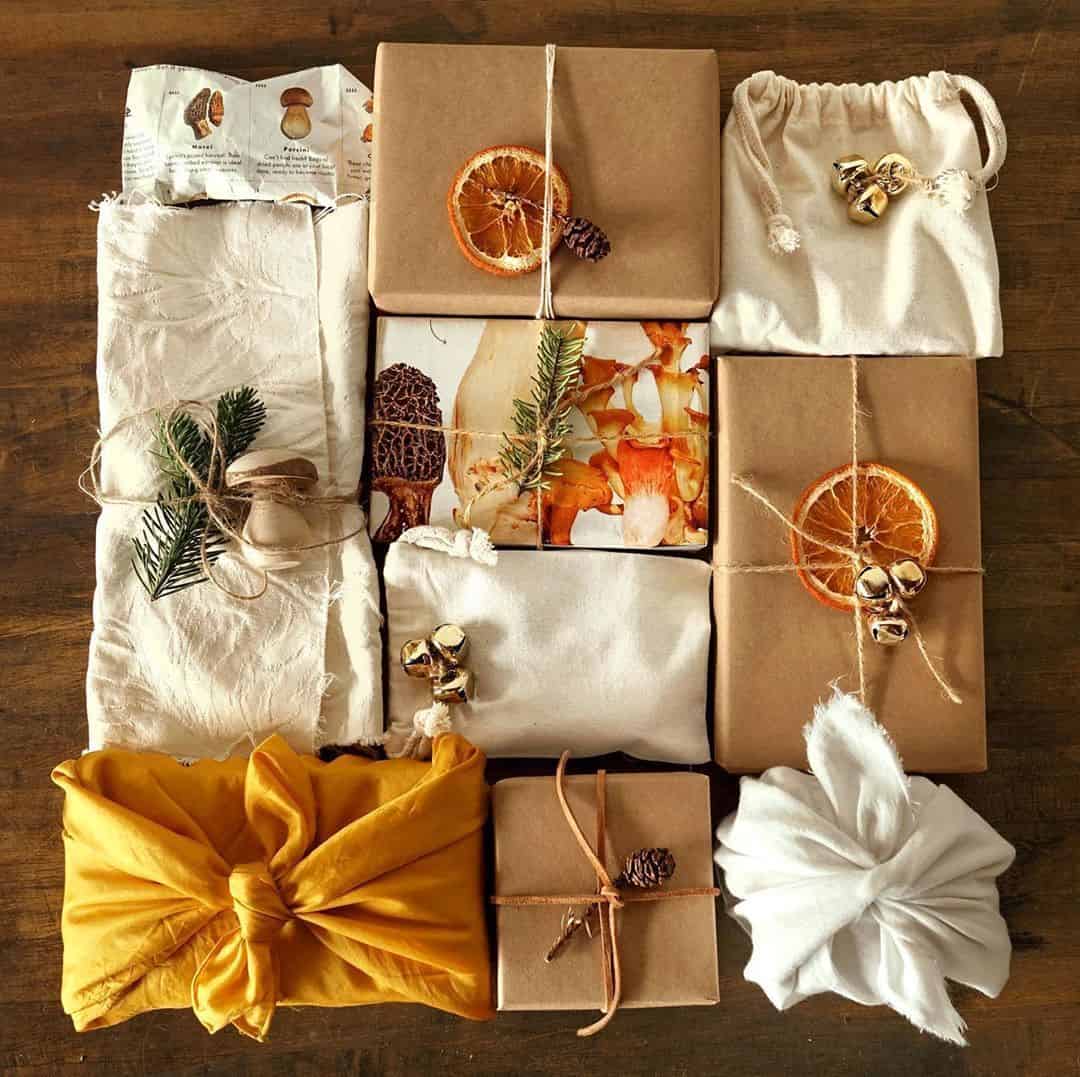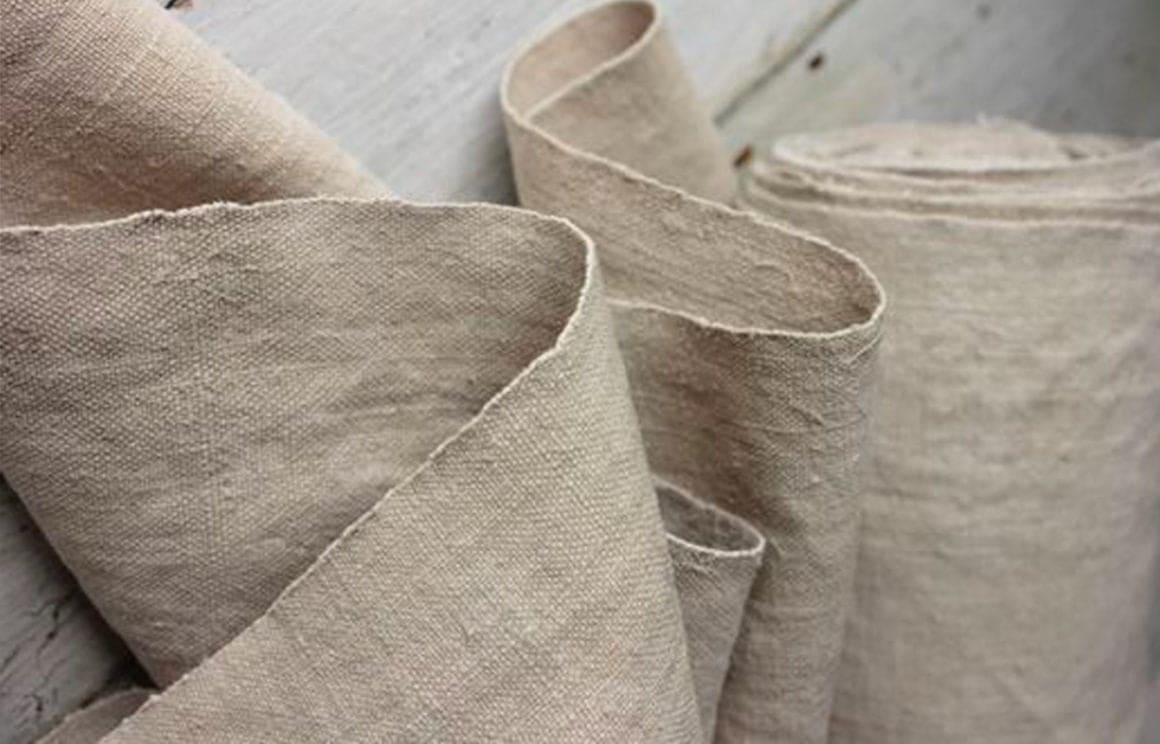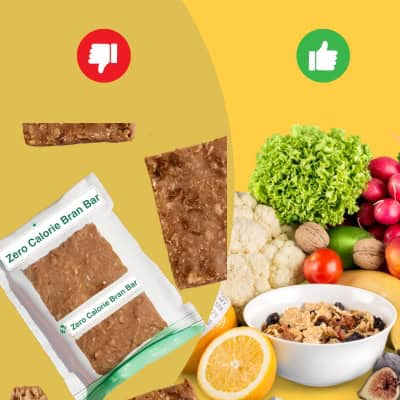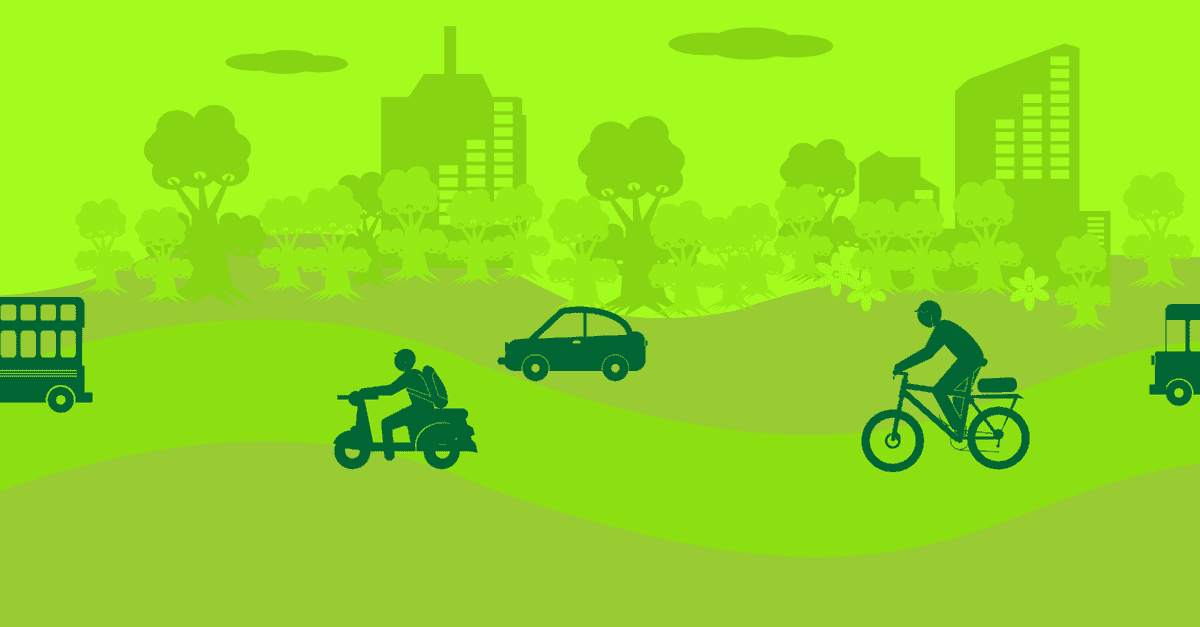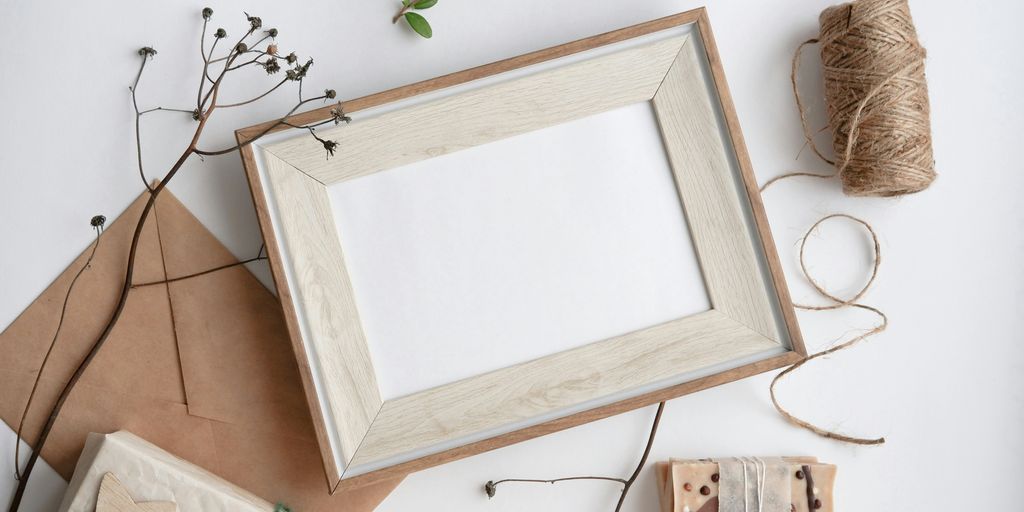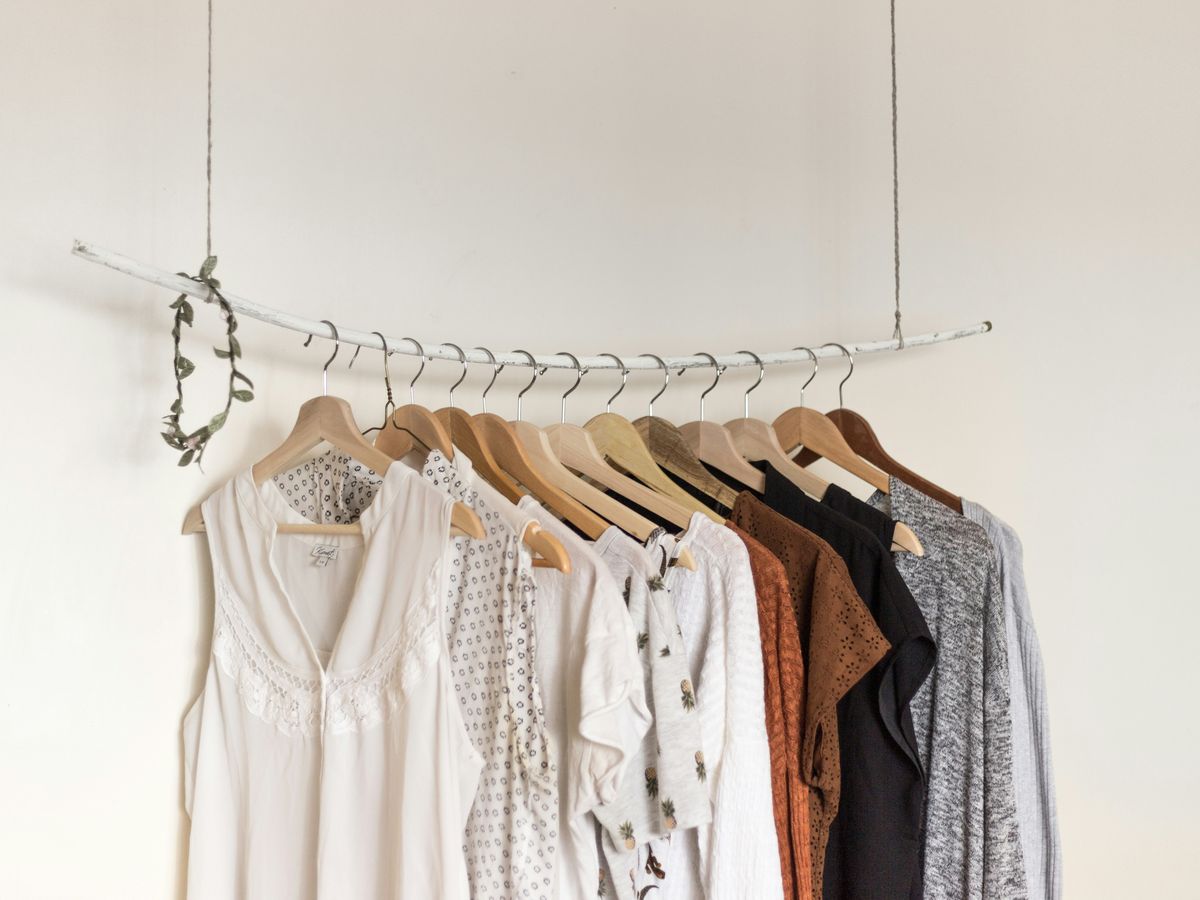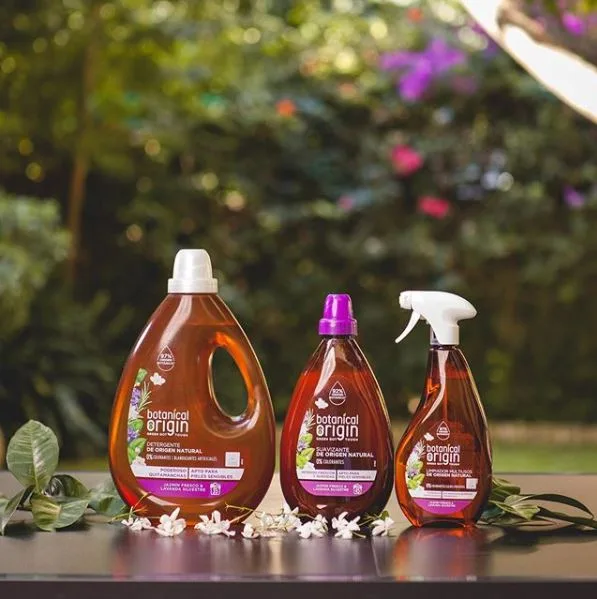Tupperware has long been a staple in households worldwide since its launch in the 1940s. This cult classic food storage brand entered the markets as the “sensible” addition to kitchens everywhere, and millions of customers have been buying into its charade for half a century.
But how sensible of a purchase is the good old Tupperware?
Turns out, not much.
At the end of day, regardless of its long shelf-life, versatile usage, and incredible product range, Tupperware is plastic. This means that the process of its creation, and its ultimate disposal, is entirely too taxing for the planet. Moreover, despite what the commercial says – reheating plastic constantly, and then consuming the food inside it is bad for you and the health of your family.
Thankfully, there’s life beyond the pastel plastic monster that has terrorising our planet for decades. In this article, we’ll share why you should consider quitting the Tupperware, and a list of smart, sustainable alternatives that are better for you.
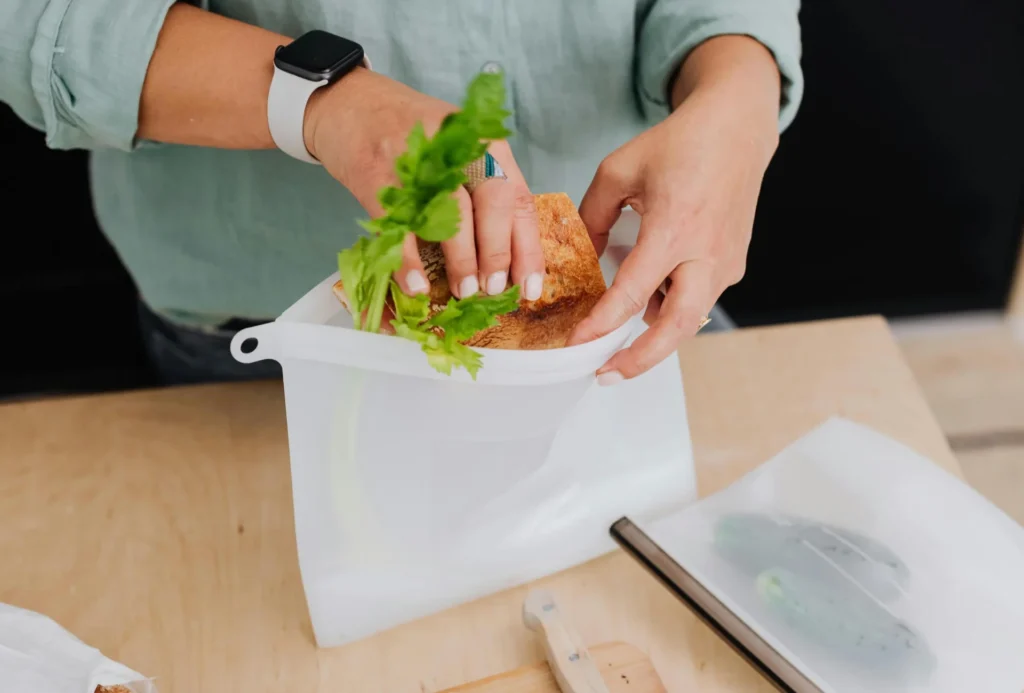
Why Seek Alternatives to Tupperware Containers?
Plastic pollution poses a significant threat to our planet, with kitchen storage items like Tupperware adding to our ever growing land fill. Tupperware containers don’t just last for their limited lifetimes in the kitchen. Once created, plastics are here to stay on the planet.
Tupperware is marketed as an affordable storage option, which doesn’t take away from the fact that is a form of plastic. From production to disposal, plastic containers have a profound impact on the environment, including marine life and ecosystems. Moreover, the chemicals present in plastic food containers can leach into our food, posing health risks such as hormonal imbalances and carcinogenic effects.
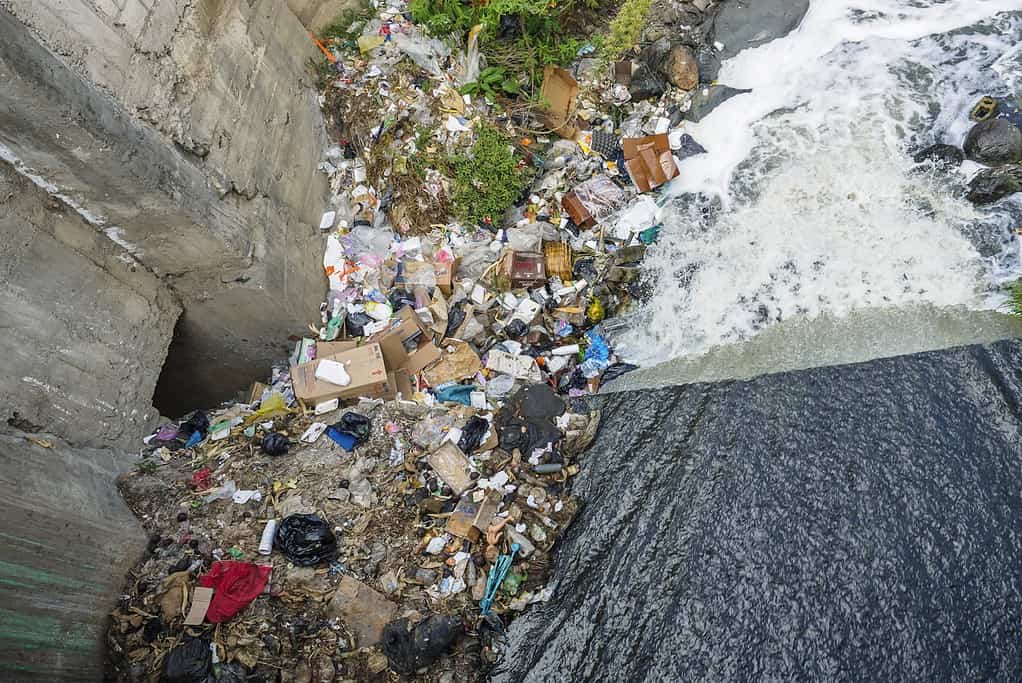
Transitioning to eco-friendly alternatives not only mitigates these risks but also aligns with a sustainable lifestyle that prioritizes the well-being of the people you care about, and the planet you inhibit.
Eco-Friendly Alternatives to Tupperware Containers:
Despite being marketed to us as such, Tupperware is not indispensable. In fact, there are tons of alternatives that are excellent at getting the job done, while maintaining the quality and freshness of your food. Here are some leading alternatives to Tupperware containers:
1. Glass Containers
Beautiful to look at, and safe to use, a glass container goes a long way, and is the leading alternative to harmful Tupperware boxes. Glass containers offer a safe and environmentally friendly alternative to plastic. Their inert nature ensures that no harmful chemicals leach into food, making them an ideal choice for food storage. Furthermore, glass containers are dishwasher-friendly, versatile, and easy to maintain.
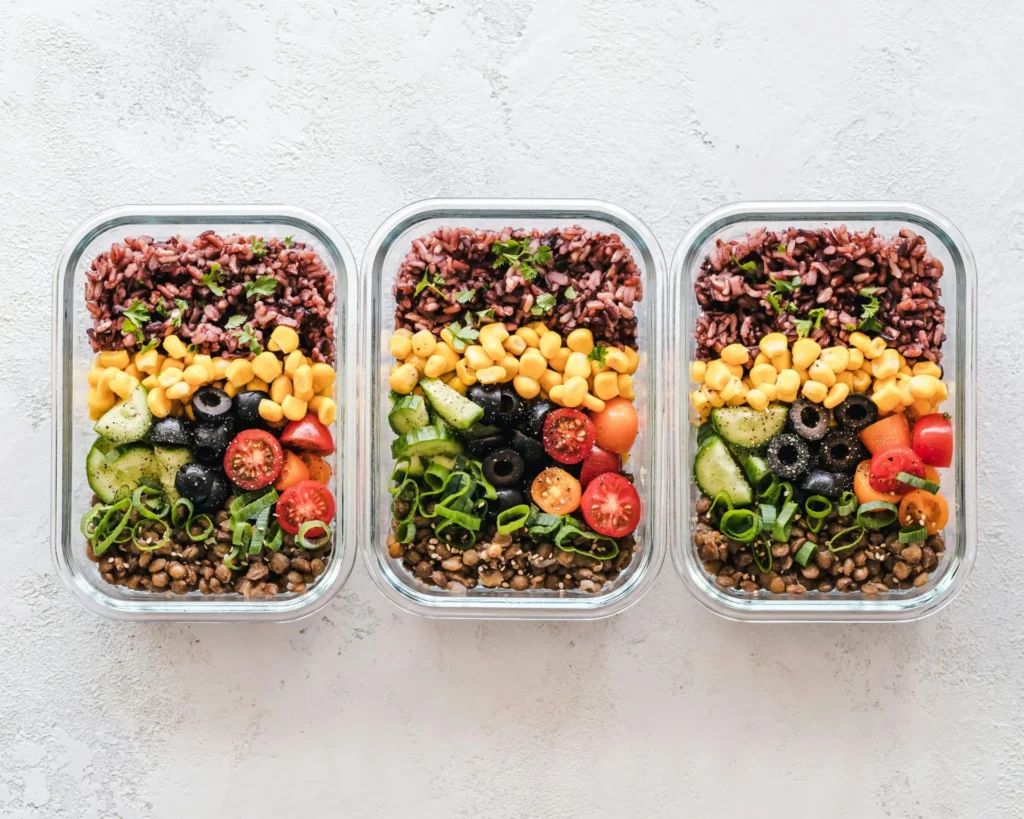
2. Stainless Steel Containers
Before Tupperware and its clones penetrated the market, homes around the world used stainless steel containers to store and transport food. Stainless steel containers provide a robust and long-lasting solution for food storage. A box of stainless steel can last decades. Unlike plastic, stainless steel is non-toxic, non-reactive, and resistant to corrosion, ensuring the safety and integrity of stored food.
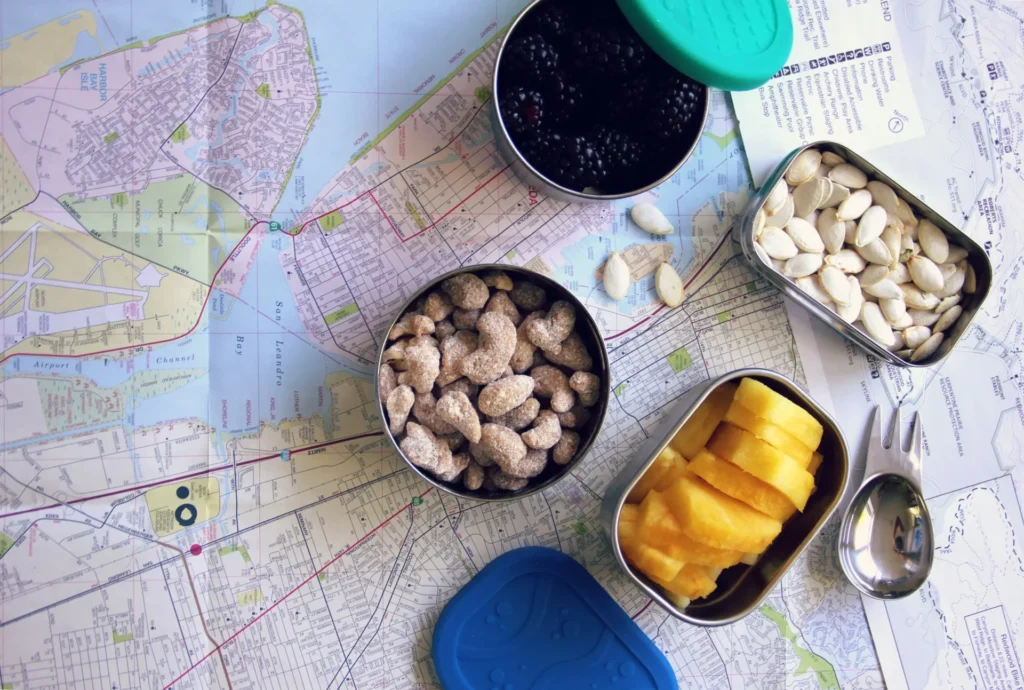
3. Silicone Food Storage Bags
Silicone food storage bags have emerged as a popular eco-friendly alternative to plastic ziplock bags. Silicone is a durable material that can withstand high temperatures and repeated use without deteriorating or leaching chemicals into food. This durability means that silicone boxes have a longer lifespan than many other types of containers, reducing the need for frequent replacements and therefore reducing waste.
Silicone bags are a smart alternative to plastic bags and Tupperware and they help in reducing the demand for petroleum-based plastics, which helps decrease the environmental impact associated with plastic production and disposal.
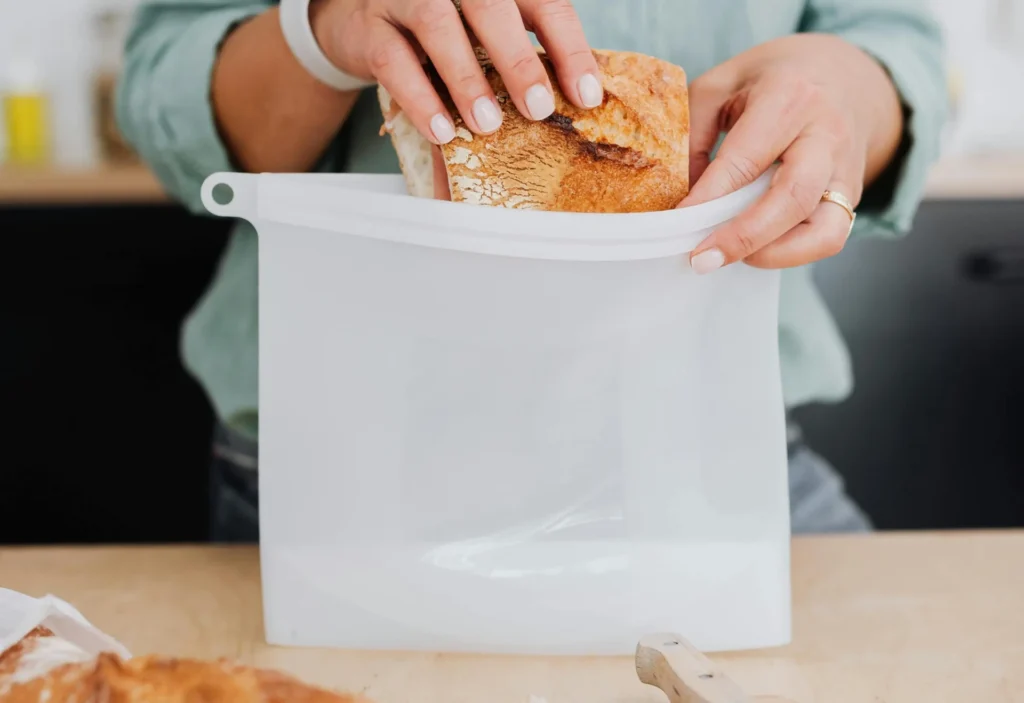
4. Bamboo Containers
Bamboo containers represent a sustainable and biodegradable alternative to plastic containers. Bamboo is a fast-growing and renewable resource that requires minimal resources to cultivate, making it an eco-friendly choice for food storage.
Fun fact: Bamboo has a lower carbon footprint compared to materials like plastic or metal. Its rapid growth sequesters carbon dioxide from the atmosphere, and bamboo forests can act as carbon sinks, helping mitigate climate change.
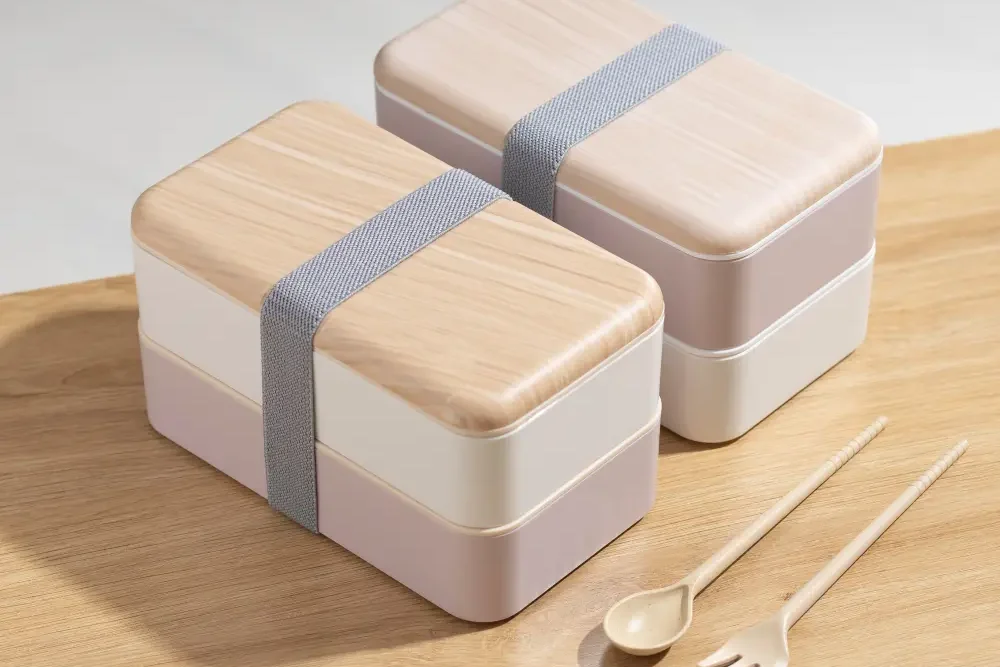
5. Beeswax Wraps
Beeswax wraps are made from natural materials such as cotton fabric, beeswax, resin, and jojoba oil. These components are biodegradable, meaning they can break down naturally over time without leaving harmful residues in the environment.
Beeswax wraps offer a natural and eco-friendly alternative to plastic cling film for wrapping and preserving food. Made from cotton infused with beeswax, resin, and jojoba oil, beeswax wraps are biodegradable, reusable, and compostable.
How to Ditch the Tupperware?
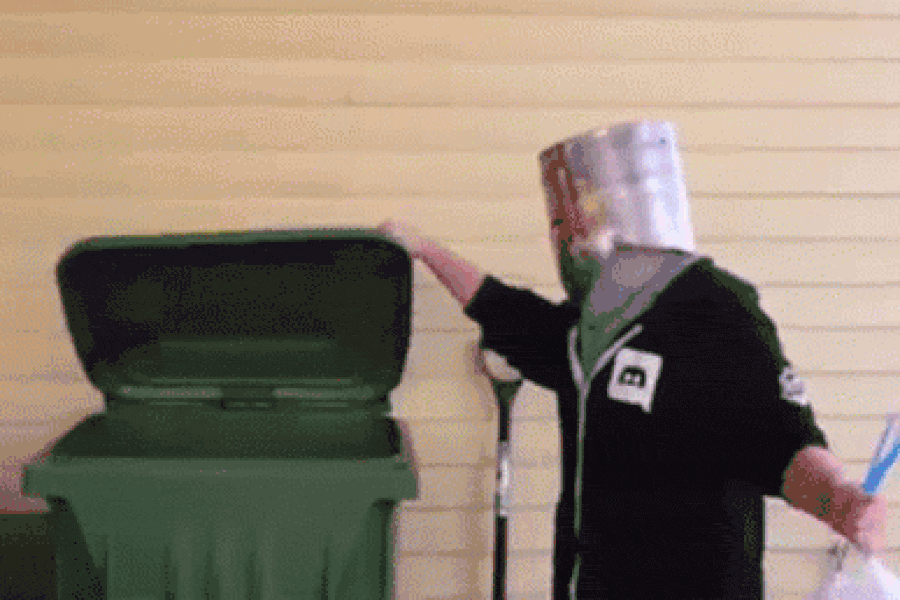
Making the switch from Tupperware containers to eco-friendly alternatives may seem daunting at first, but it’s a worthwhile endeavor for the sake of our families, our community, and our planet.
It is recommended to make the transition gradually by replacing one or two Tupperware items at a time and exploring different types of eco-friendly alternatives to find what works best for individual needs.
And while you’re making the transition, it’s also important to be mindful of how you discard your old and micro-plastic filled Tupperware. We recommend an adoption of proper disposal method such as plastic recycling drive, furnaces, etc. It is also wise to repurpose of old plastic containers by using them as garbage bins, pots for plants, etc.
Are You Ready to Make the Switch?
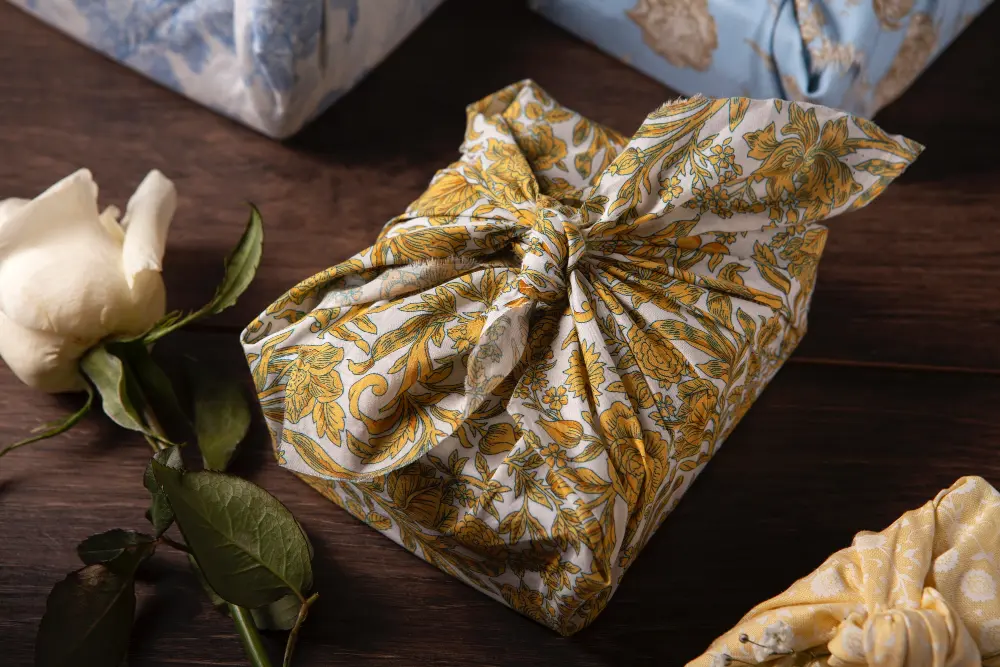
In conclusion, opting for eco-friendly alternatives to Tupperware is not just a choice but a responsibility towards creating a more sustainable future. By embracing the options mentioned above such as glass, stainless steel, silicone, bamboo, and beeswax wraps, we can reduce our environmental footprint, safeguard the health of our families, and promote a smarter, more sustainable lifestyle.
Let’s take the first step towards a plastic-free kitchen and make sustainable choices that benefit both ourselves and the planet. Join us in the eco-friendly kitchen revolution and explore a wide range of sustainable products on wiser.eco.
Read our guide on how to make the switch from plastic
FAQs
Is Tupperware bad for you?
Yes, Tupperware containers can potentially be harmful to health due to the chemicals they contain. These chemicals, such as bisphenol-A (BPA) and phthalates, can leach into food, especially when exposed to heat or acidic foods. Long-term exposure to these chemicals has been linked to various health issues, including hormonal disruptions, reproductive problems, and even cancer.
What are Tupperware containers made of?
Tupperware containers are primarily manufactured using polypropylene and low-density polyethylene. These plastics are chosen for their durability, flexibility, and resistance to heat and chemicals. However, they can still pose risks when they come into contact with food, as mentioned earlier.
What is the best alternative to plastic containers?
Glass containers are a popular choice as they are non-toxic, durable, and non-reactive, meaning they won’t leach harmful chemicals into food. Bamboo containers offer a sustainable option, being biodegradable and renewable. Stainless steel containers are another excellent alternative due to their durability and non-reactive properties.
Which container is best for keeping food fresh?
Glass containers with air-tight lids are widely considered the best option for keeping food fresh. The non-porous surface of glass prevents the absorption of odors and flavors, ensuring that food stays fresh longer. The air-tight lids create a seal that helps preserve the freshness of the food by preventing air and moisture from entering the container.

